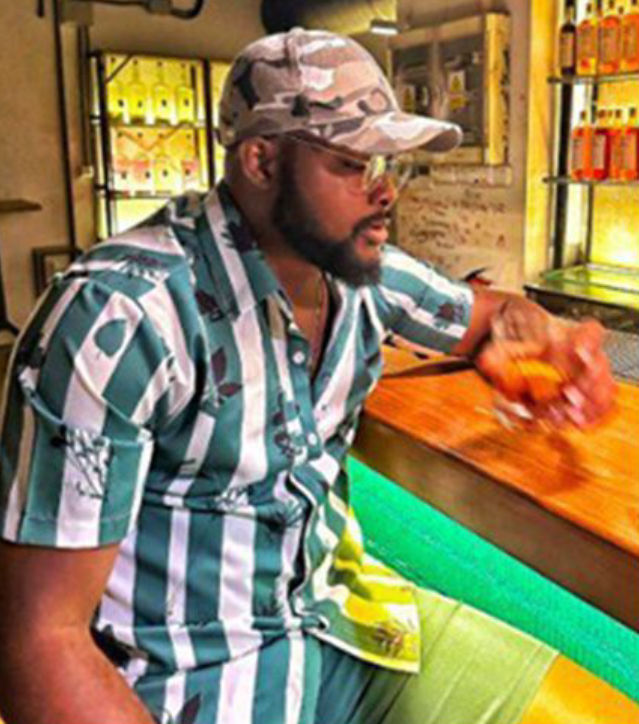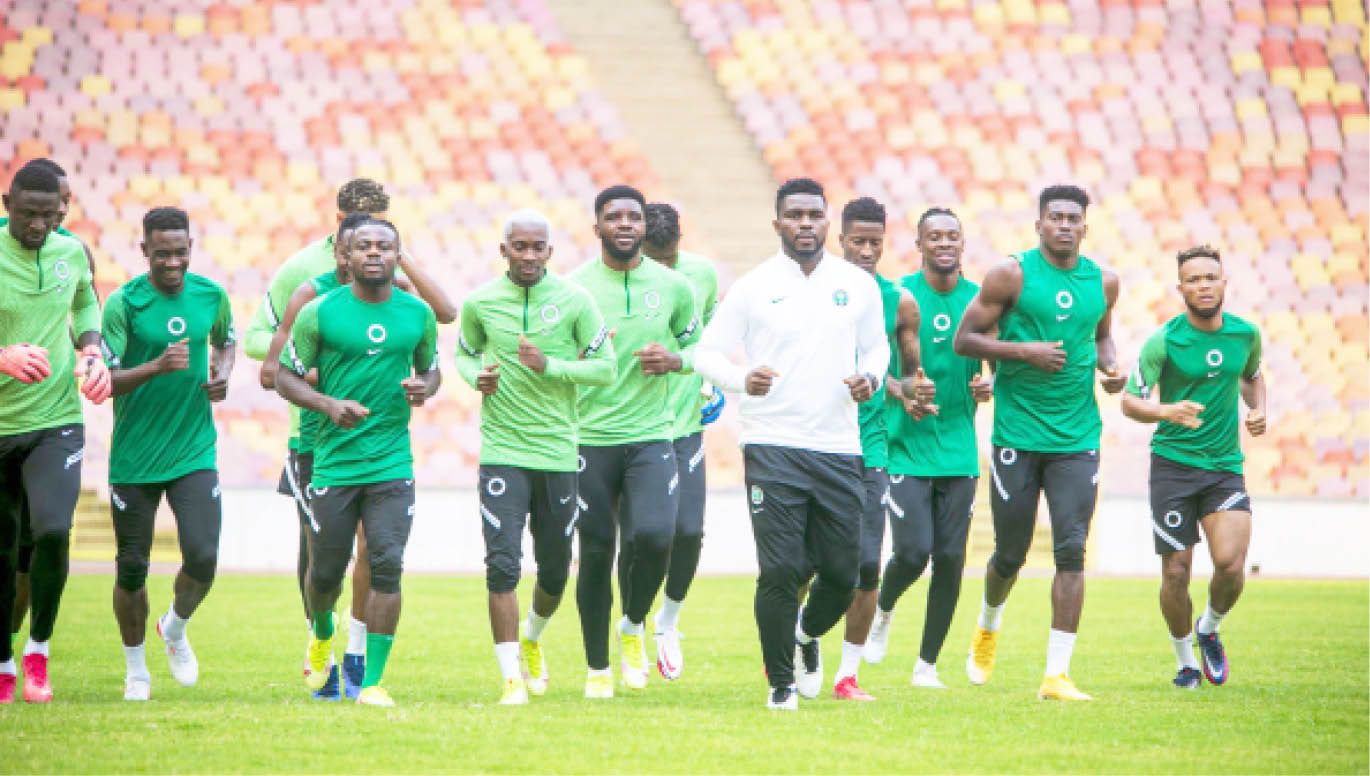
“No Legal Job in Nigeria Can Buy You a Brand New Car” — Uncle Ayo Sparks Heated Debate Online

In a country where conversations about survival, hustling, and the ever-rising cost of living dominate daily discourse, a recent statement by popular online personality, Uncle Ayo, has sent social media into a frenzy. The X personality, known for his candid and often controversial takes on socioeconomic issues in Nigeria, boldly declared that there is no legal job in Nigeria — whether white collar or blue collar — that can enable anyone to save enough money to buy a brand new car. His assertion, shared via his X account under the handle @UnkleAyo, read: “There’s no legal job you can do in Nigeria — blue collar or white collar — where you can save money to buy a BRAND NEW CAR. I’m not talking about refurbished cars wrapped in white nylons. I mean BRAND NEW CAR. Nigerians do not deserve to go to hellfire. Walahi.”
The post immediately went viral, attracting thousands of reactions from Nigerians across different walks of life. Some saw it as a blunt truth that reflects the harsh reality of Nigeria’s broken economic system, while others argued that his statement was an exaggeration. But whichever side of the argument one falls on, it has once again drawn attention to the financial struggles of the average Nigerian worker, whose earnings often fail to match the cost of basic living, let alone the luxury of owning a brand new vehicle.
For many Nigerians, the dream of owning a car — even a used one — remains an uphill battle. The cost of brand new cars in the country has skyrocketed in recent years, thanks to inflation, the high cost of import duties, a volatile exchange rate, and the decline of the naira against the dollar. With popular models starting from tens of millions of naira, the possibility of purchasing one on a regular salary seems like a fantasy. Uncle Ayo’s words, though provocative, resonate with the everyday struggles of millions who work tirelessly yet find themselves unable to afford what in many other parts of the world is considered a standard middle-class necessity.
The minimum wage in Nigeria currently stands at ₦30,000 per month, though calls for an upward review to ₦70,000 have gained momentum due to rising inflation and the removal of fuel subsidy. Even at ₦70,000, saving to buy a brand new car priced at, say, ₦15 million would be a herculean task. At that rate, a worker would need over 17 years of saving every single naira of their salary, without touching a dime for food, housing, or other expenses — a scenario that is not only unrealistic but laughable. For mid-level professionals such as bankers, civil servants, teachers, and healthcare workers, the situation is only slightly better, but not enough to close the wide gap between earnings and the cost of vehicles.
This reality has forced many Nigerians to rely on used, refurbished, or “tokunbo” cars, which are shipped in from abroad and resold at a fraction of the price of brand new models. These cars, though not new, have become the lifeline of the Nigerian middle class. However, even tokunbo prices have risen sharply in recent years, with some models costing nearly as much as brand new cars used to cost a decade ago. For some, this growing dependence on used cars is symbolic of Nigeria’s economic decline and the shrinking opportunities for upward mobility.
Uncle Ayo’s post also triggered an avalanche of personal testimonies. Many Nigerians began sharing their own struggles and experiences, painting a sobering picture of just how far out of reach brand new cars are. One user responded: “I’ve been working in a bank for eight years. I save aggressively, I cut corners, but still, a brand new car is out of my league. What I drive is a 10-year-old tokunbo Toyota.” Another wrote: “My father retired after 35 years as a civil servant and never owned a brand new car. That’s the reality of this country.”
Yet, as expected, not everyone agreed with Uncle Ayo. Some argued that while it is difficult, it is not entirely impossible. They pointed to high-earning professionals in specialized fields such as oil and gas, law, tech, and medicine who may be able to afford brand new cars, especially those with foreign contracts or who are paid in dollars. Others mentioned entrepreneurs and business owners who, through hard work and innovation, have climbed the ladder of success and can afford luxuries that most Nigerians only dream about.
Still, the majority of respondents seemed to accept the uncomfortable truth embedded in his statement: that for the average Nigerian worker, the system is rigged against prosperity. It is a system where salaries do not keep up with inflation, where the cost of living soars while opportunities shrink, and where survival often means juggling multiple side hustles just to make ends meet. In such an environment, saving up for a brand new car looks less like ambition and more like chasing a mirage.
The larger implication of Uncle Ayo’s comment lies in what it says about Nigeria’s economic health. A society where hardworking people cannot afford the basic trappings of middle-class life — such as owning a home or a brand new car — is a society teetering on the edge of frustration and despair. This frustration often manifests in the brain drain that has seen thousands of Nigerian professionals migrate abroad in search of better opportunities. It also fuels the growing allure of shortcuts, including corruption, fraud, and illegal activities, as people seek ways to bridge the gap between their aspirations and the brutal economic reality.
Uncle Ayo’s post may have been blunt, even pessimistic, but it reflects the voice of a generation that feels shortchanged by the system. His final words, “Nigerians do not deserve to go to hellfire. Walahi,” captured the exhaustion and collective lament of millions who feel that merely surviving in Nigeria is already a punishment of sorts. Many who commented said that if Nigerians are still managing to live, work, and laugh in such dire conditions, then surely God must have mercy on them in the afterlife.
The debate sparked by his statement is unlikely to fade soon. It has reignited important conversations about wages, the rising cost of living, and the need for policies that make basic comforts accessible to the average Nigerian. Until then, the dream of buying a brand new car will remain, for most people, a symbol of luxury and privilege, rather than an attainable milestone.
In the end, Uncle Ayo’s post is more than just social media banter; it is a reflection of a nation at a crossroads, where the gap between the rich and the poor continues to widen, and where honest work does not always guarantee a comfortable life. Whether one agrees with him or not, his words have struck a nerve, forcing Nigerians to confront once again the harsh question: in this country, is hard work really enough?


